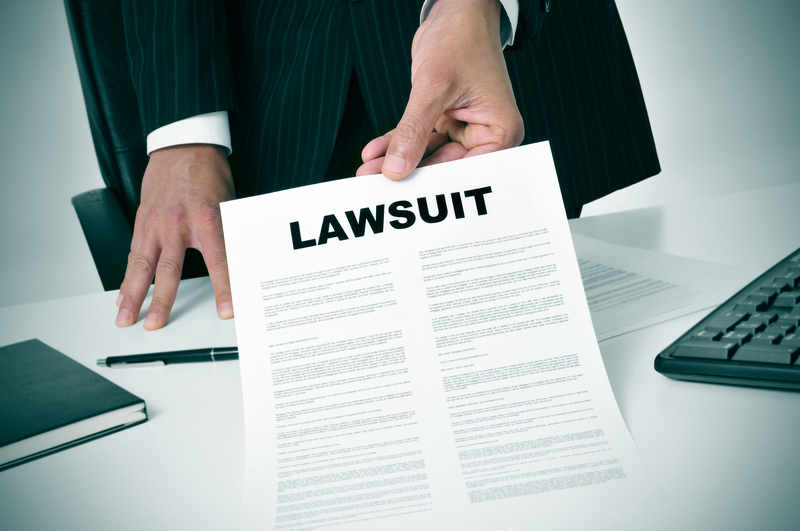Facing a lawsuit can be a business owner’s worst nightmare, often leading to immense financial strain and the possibility of losing valuable assets. For small business owners and entrepreneurs, the stakes are especially high. While it’s impossible to completely eliminate the risk of litigation, certain measures can significantly mitigate potential losses. Here’s how to protect your business and keep it running, even in the face of legal challenges.
Mitigate Risks
First on the agenda is risk mitigation. A proactive approach involves identifying potential areas of legal vulnerability and addressing them before they escalate into costly disputes. For instance, always use contracts that are vetted by legal professionals, even for seemingly trivial business interactions. Implement rigorous quality control checks for your products or services to avoid liability for defective or dangerous items. Maintain meticulous financial records to guard against allegations of fraud or misappropriation. Regular audits can also flag compliance issues before they turn into legal troubles. Most importantly, consult with legal advisors who can offer customized guidance based on your business model and industry norms.
Maintain Insurance Coverage
Insurance serves as a safety net when faced with lawsuits. For instance, general liability insurance can cover legal fees and judgments for a variety of claims, including property damage and bodily injury. Professional liability insurance is beneficial for service-based businesses, offering protection against claims of negligence or failure to perform contractual duties. Umbrella insurance supplements your existing liability policies. It kicks in when the limits of your primary policy are exhausted, providing an additional layer of financial security. Depending on your business type, you may also require specialized forms of insurance, such as product liability or commercial auto insurance. Review your coverage periodically to make sure it aligns with your business growth and evolving risk profile.
Form the Right Legal Entity
Choosing the appropriate legal entity for your business is crucial for asset protection. Operating as a sole proprietorship leaves your personal assets, such as your home and savings, vulnerable in a lawsuit against your business. Forming a limited liability company (LLC) or corporation separates your personal and business assets, offering a degree of insulation from legal claims. Further, certain structures like an S Corporation may offer additional tax benefits along with liability protection. However, this protection isn’t absolute. It’s essential to maintain the “corporate veil” by keeping personal and business finances separate and adhering to all corporate formalities. A failure to do so can result in “piercing the corporate veil,” making you personally responsible for business liabilities.
Taking the right steps to mitigate risks, maintain adequate insurance coverage, and select the most suitable legal entity can make all the difference when defending against a lawsuit. Being equipped with these strategies can help you navigate the complex and stressful experience of litigation without losing everything you’ve worked so hard to build. Don’t consider these steps as optional; rather, think of them as essential components of your overall business strategy. Start implementing them now to fortify your business against the crippling impact of legal disputes.
Did you enjoy reading this article? Here’s more to read: How to Incentivize Employees to Stay at Your Company

